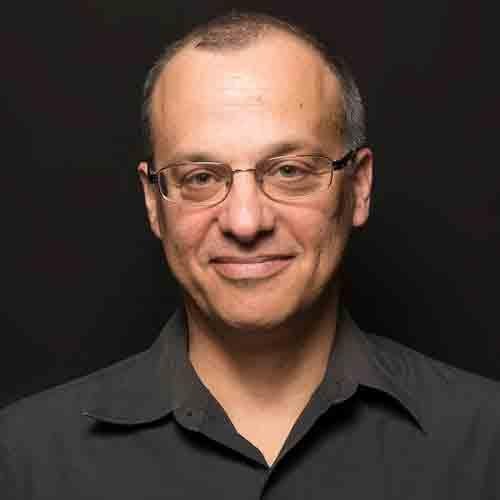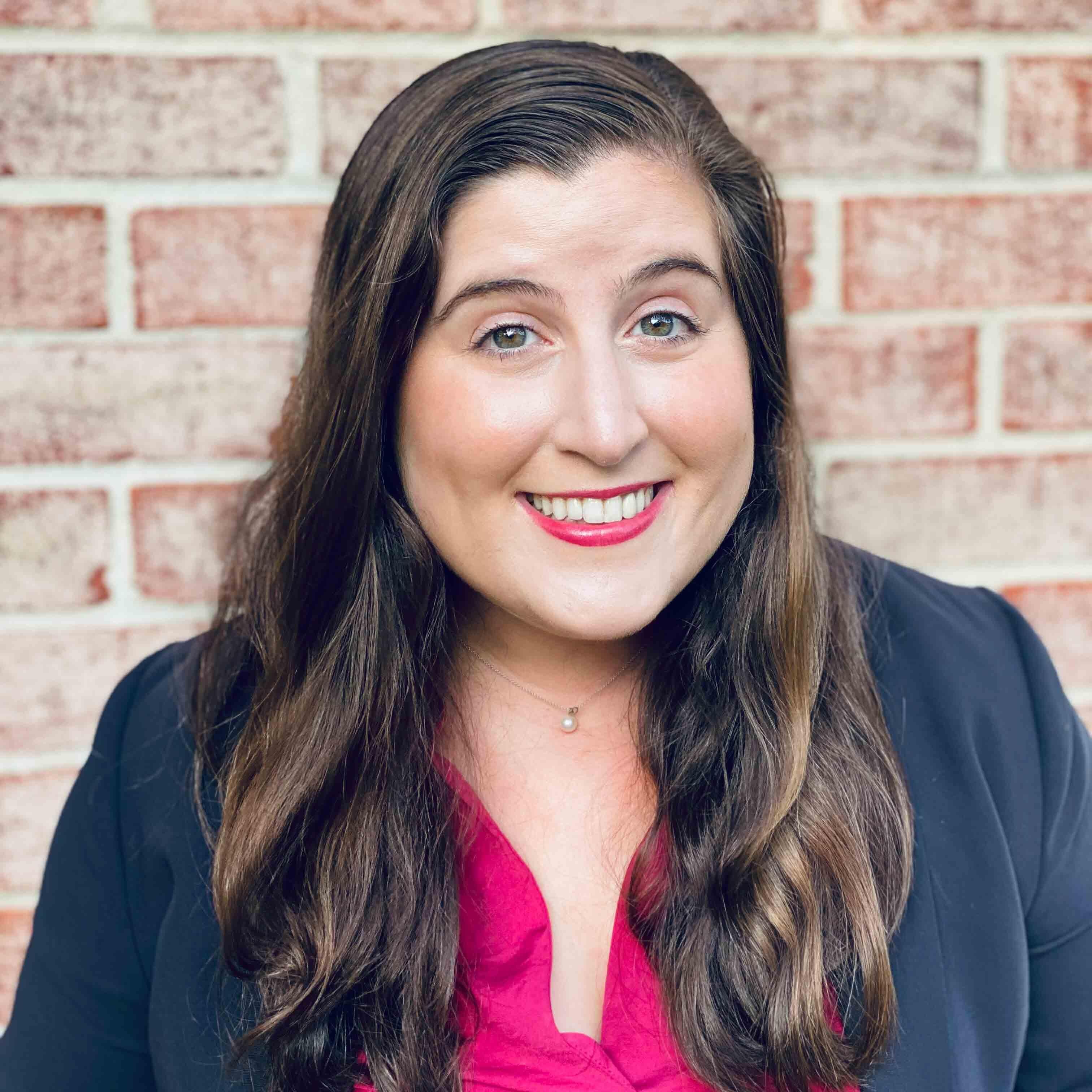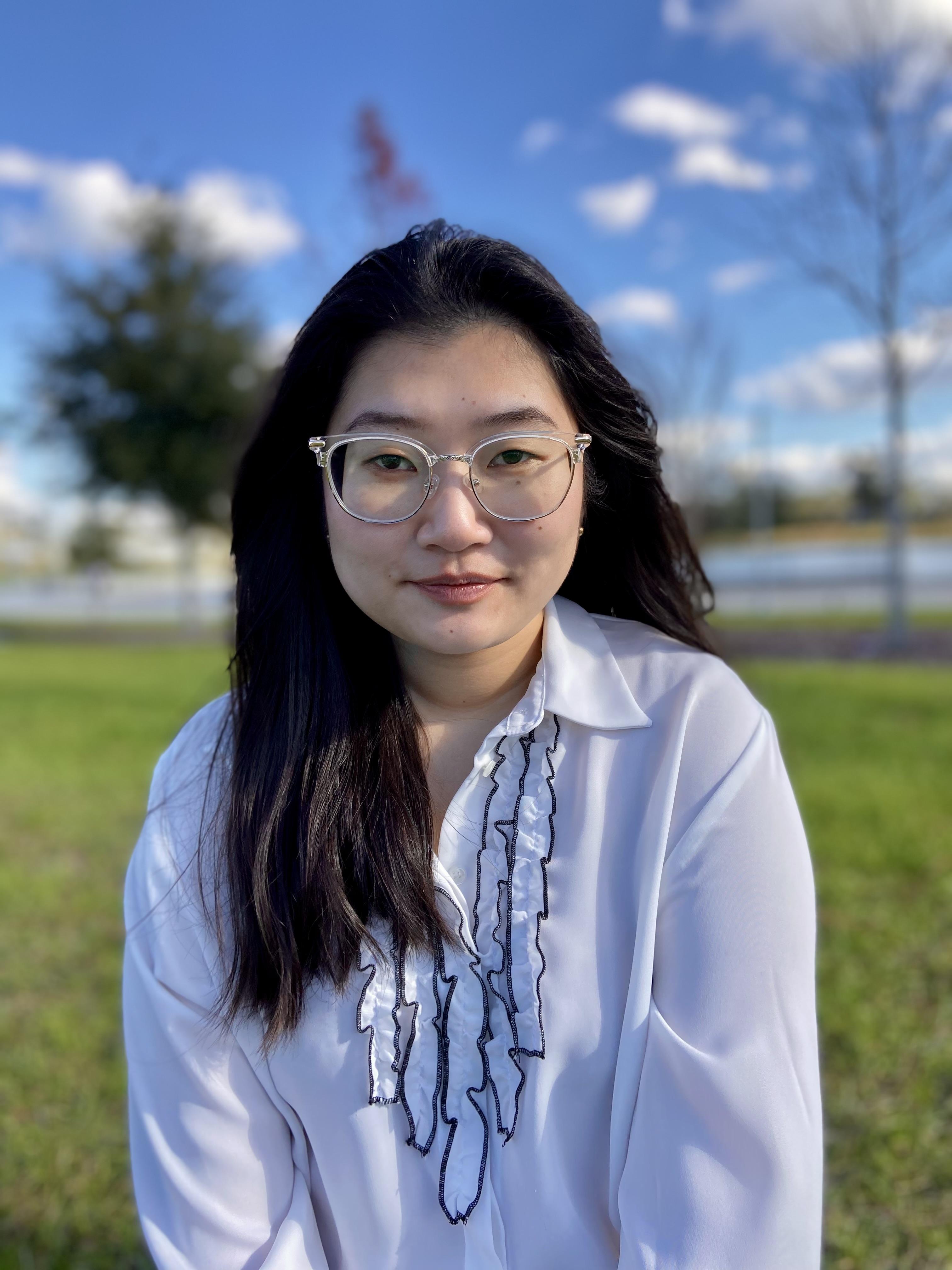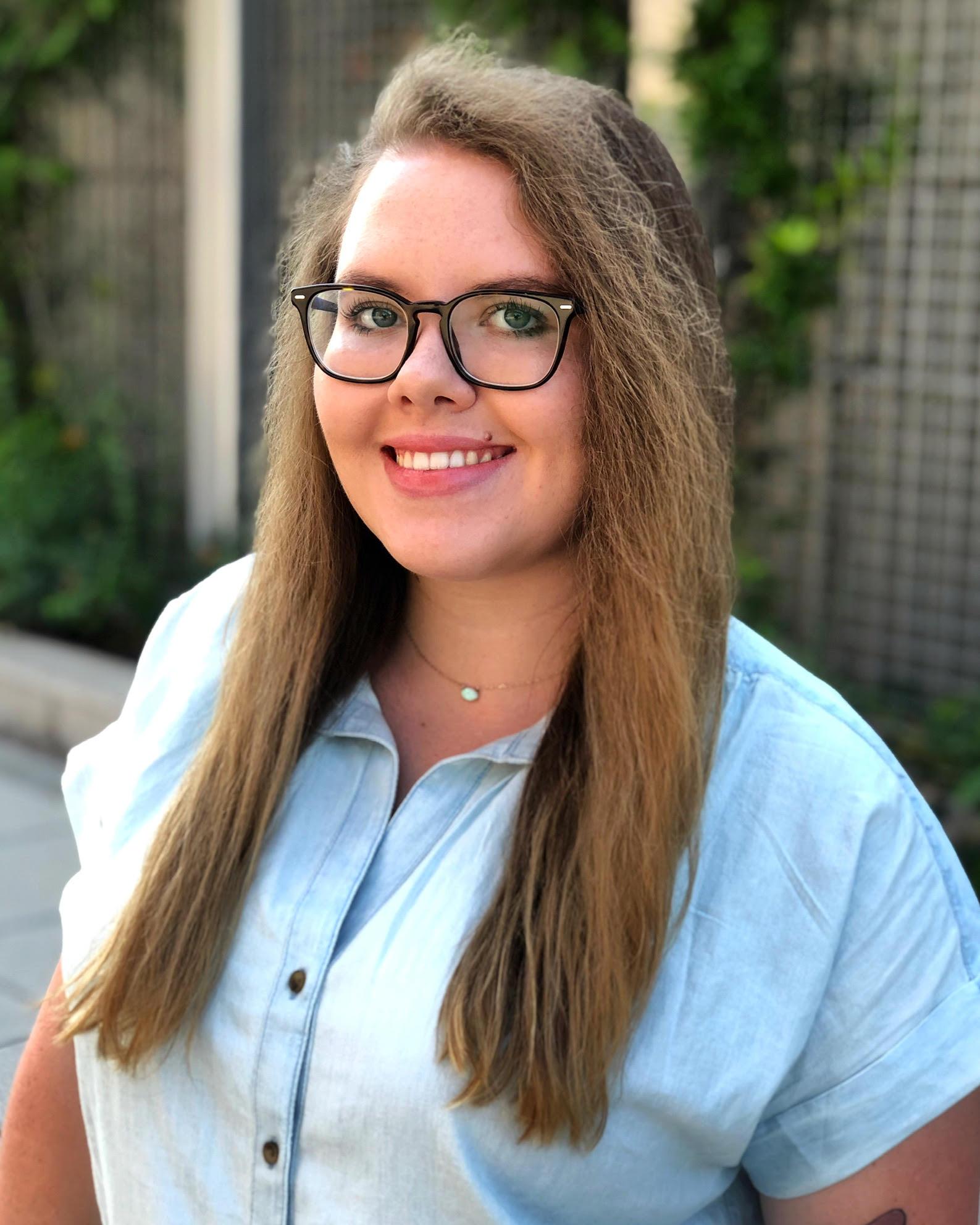Justice and Legal Thought
Analyzing the role of law to advance social justice
Introduction
Law is almost always talked about in relation to justice. Countless examples throughout history show, however, that law not only can be a catalyst for social change—but sometimes an obstacle to it as well.
Justice and Legal Thought (JLT) is an anti-racist program that examines social justice in its relationship to law. It analyzes the connections between law and social justice, challenging students to ask: “What is the right thing to do?” Along the way, students study how people collectively seek to do the right thing through social action.
Using critical thinking, legal analysis and persuasive communication, students:
- Explore the interactions between social movements and law and policy;
- Consider the means by which we can create a more socially just and robustly democratic society; and
- Critically reflect upon law and social justice in practice.
Students, who are taught by faculty in the government, philosophy and history departments as well as law faculty from University of Maryland (UMD) Carey School of Law, will gain research experience and develop important skills in argumentation and problem solving.
JLT welcomes students of all majors who believe strongly in the possibilities of creating change.
Colloquium and Lecture Topics
- What is law? What is social justice?
- To what extent does law advance or impede justice?
- How do substantive law, procedural law, constitutional law and international law interact to promote or compromise social justice?
- What can students do to advance social justice?
My JLT courses on philosophy, social justice and theory taught me the historical and modern context of the criminal justice system. My education from my majors would not have been nearly as colorful and complex if I had not taken JLT courses in complement.
Other Learning Opportunities
UMD's location near Annapolis, Baltimore and Washington, DC, provides unique opportunities for students to investigate justice as it pertains to real-world situations. Students have the opportunity to:
- Take field trips to court rooms, law schools, Smithsonian institutions and the Kennedy Center;
- Participate in dialogue and restorative justice trainings with on- and off-campus partners;
- Volunteer with local and international nonprofits to assist local refugee families; and
- Enjoy access to special events and lectures and networking opportunities with law school faculty through JLT’s close relationship with the MLaw Programs, UMD’s undergraduate law programming.
Students further engage in service-learning experiences and law-related internships of their choice for the practicum requirement. Past JLT students have interned for:
- Members of Congress and the Maryland General Assembly;
- The Office of the Public Defender;
- The Pretrial Services Agency of the District of Columbia;
- The Maryland Coalition Against Sexual Assault;
- The American Civil Liberties Union; and
- Homes Not Borders.
Curriculum Overview
Over the two-year program experience (four semesters), students will complete a 3-credit supporting course that will count toward their JLT Scholars citation. In most cases, this will also fulfill General Education requirements. Note that your Scholars courses—colloquium, practicum and supporting course—will generally be in addition to any courses you take to satisfy major requirements.
The following table represents a typical two-year curriculum, but individual schedules may vary. Details about courses and requirements can be found on the JLT Citation Checklist.
| SEMESTER | COURSES | CREDITS |
|---|---|---|
| Semester 1 | CPJT 100: Colloquium I | 1 credit |
| MLAW 100: Justice and the Law (DSHS) | 3 credits | |
| Semester 2 | CPJT 101: Colloquium II | 1 credit |
| MLAW 150: Law in a Just Society (DSHS, SCIS) | 3 credits | |
| Semester 3 | CPJT 200: Colloquium III | 1 credit |
| Semester 4 | CPJT 230: Internship (DSSP); or CPJT 240: Service-Learning (DSSP); or CPJT 250: Research (DSSP) |
2-3 credits 2-3 credits 2-3 credits |
| Semester 1, 2, 3, or 4 | Supporting Course (var. Gen Ed) | 3 credits |
Sponsoring College
Office Address
1121 Cumberland Hall
Office Phone
Faculty


Justine DeCamillis


News and Notes, Etc.
College of Behavioral and Social Sciences: International Studies and Justice & Legal Thought Scholars Support Recently Resettled Refugee Families, September 2022
The Diamondback: First-ever Refugee Day creates community for refugees, May 2022
Justice and Legal Thought News
UMD Grant Initiative Bolsters Scholars Curricula With Additional Experiential Learning
Hands-on, active learning has always been a hallmark of College Park Scholars. Thanks to new grants from the University of Maryland (UMD), some Scholars programs will expand upon those traditions with more resources and support. The grants come from UMD’s campuswide Teaching and Learning Innovation Grants initiative, which is providing significant funds—up to tens of thousands of dollars in some cases—for innovative educational projects that focus on active and experiential learning.
6 Scholars Alums Selected to Serve as Spring Commencement Senior Marshals
The University of Maryland has announced its senior marshals for Spring Commencement, slated for Friday, May 20. Six College Park Scholars alumni number among the 60 graduating seniors serving as marshals:
4 Scholars Alums Among Senior Marshals at Winter Commencement
The University of Maryland recently announcement its roster of senior marshals for Winter Commencement, taking place Dec. 20. Among the 32 graduating seniors are four College Park Scholars alumni:
New Minor Expands STS Concepts Beyond Scholars
The Science, Technology and Society (STS) Scholars program has long pushed students to consider the ethical, social and political implications of science, research and technology. It’s the kind of thinking that isn’t readily incorporated into most STEM curricula, despite the high likelihood that these students will one day design or introduce innovations that could significantly impact society. Thanks to a new minor, however, more University of Maryland students will soon be exposed to STS teachings.
10 Scholars Alums to Serve as Spring Commencement Senior Marshals
A significant number of Scholars alumni will be serving as Senior Marshals at the University of Maryland commencement this Friday, May 21, 2021. Senior Marshals are graduating seniors who display the highest levels of scholarship, service, extracurricular activity and personal growth.
Despite Being Virtual, Scholars Showcases Promote Personal Interaction
For most University of Maryland (UMD) students, the end of the spring semester heralds the start of finals. But for sophomores in College Park Scholars, for the past 24 years, this time of year has signified Academic Showcase. The event, one of the largest exhibitions of undergraduate student learning on campus each year, typically involves more than 600 Scholars sophomores presenting on their capstone projects to fellow students, faculty, parents and other members of the UMD community.

